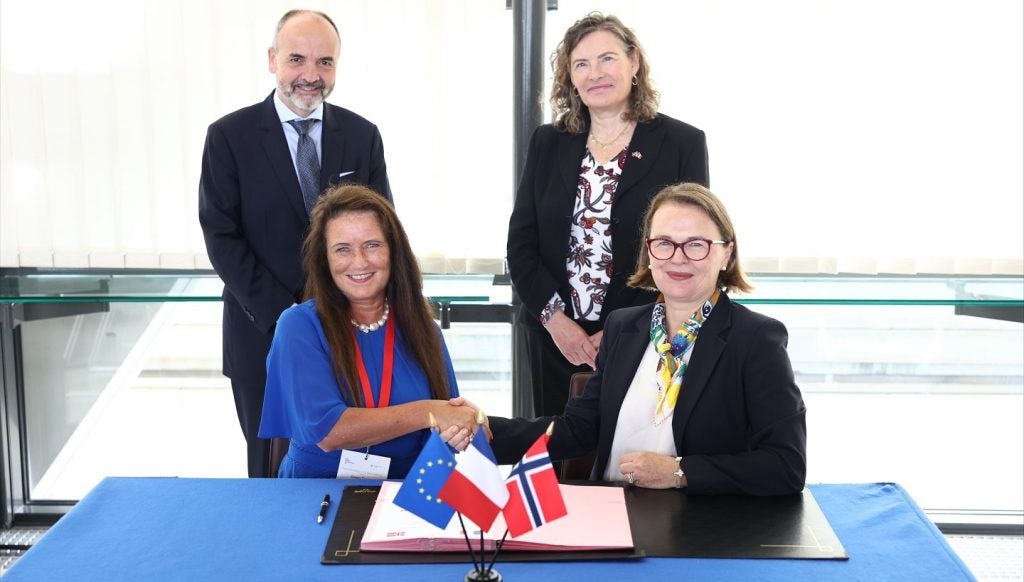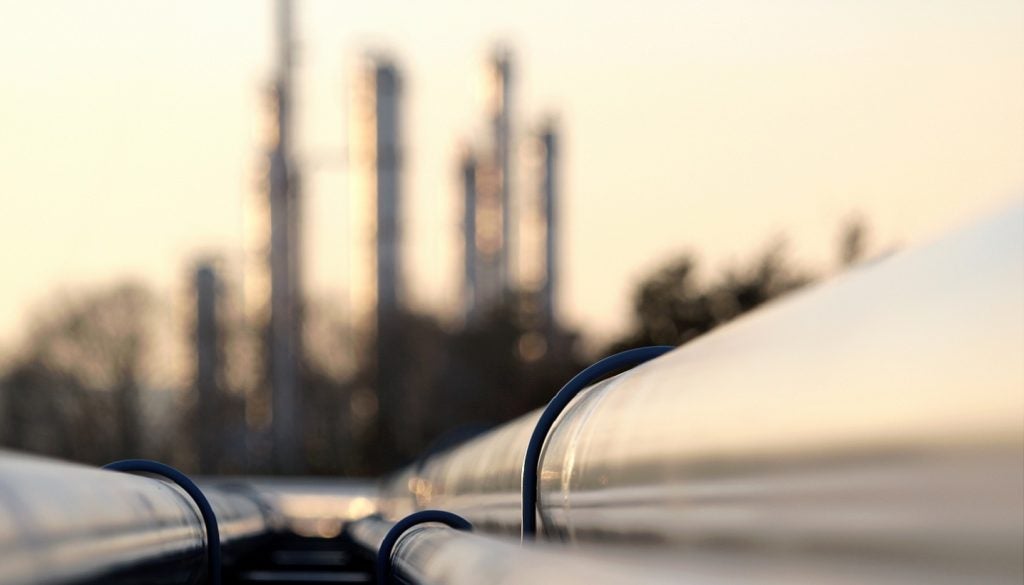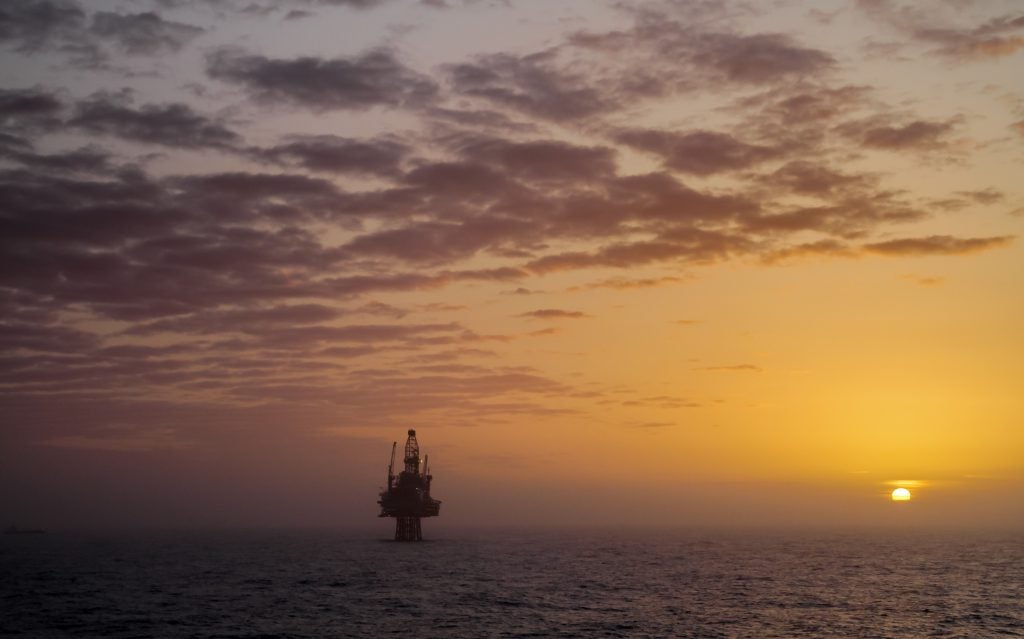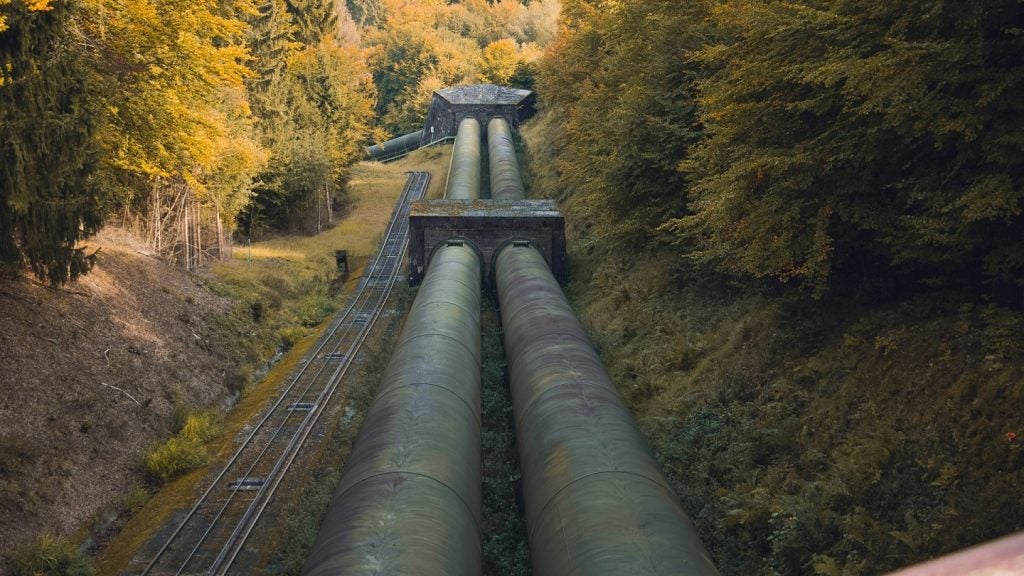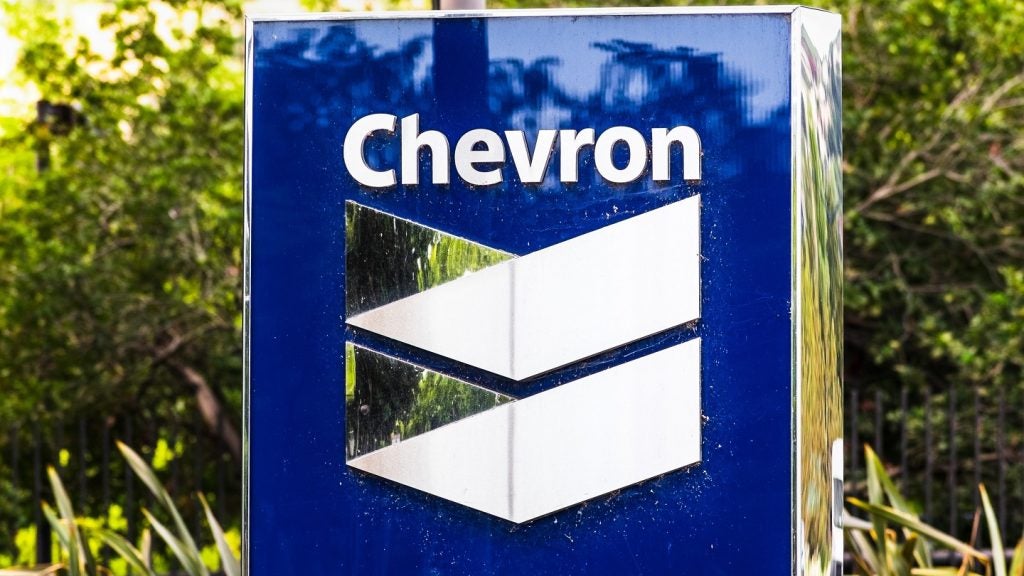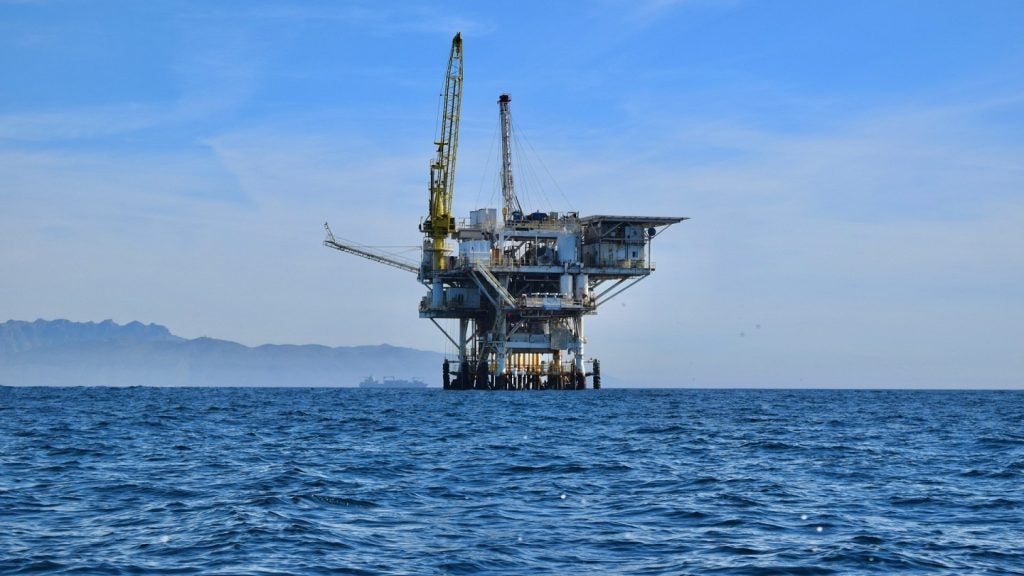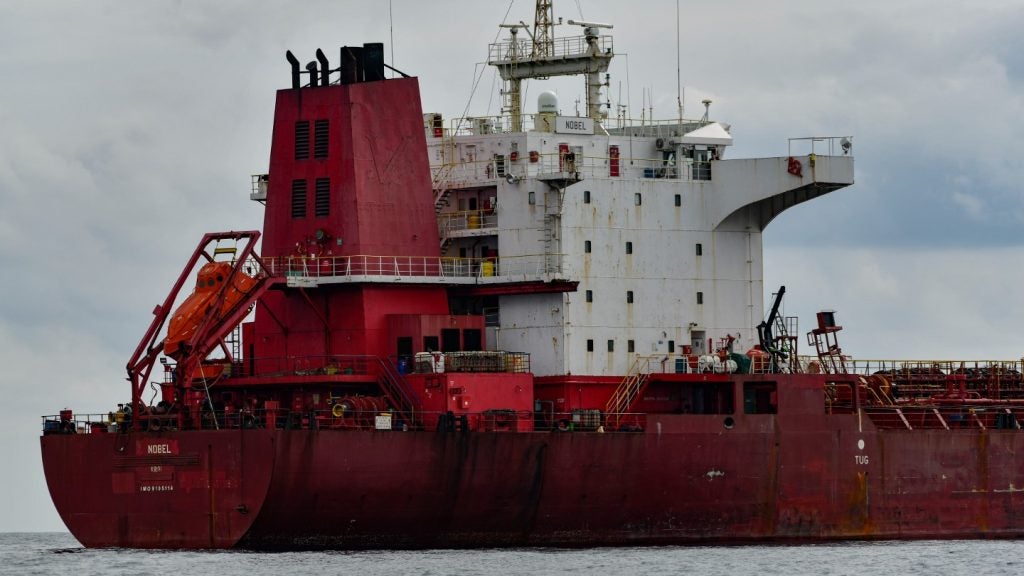Equinor and GRTgaz, France's primary gas transmission operator, have signed a project development agreement (PDA) to create a CO₂ transport system.
The system will transport captured CO₂ from industrial emitters in France to secure and permanent storage locations offshore Norway via the proposed CO₂ Highway Europe pipeline project.
To be developed by GRTgaz, the initiative will include an onshore CO₂ pipeline network linking France's Dunkirk industrial zone to Equinor's CO₂ Highway Europe.
This CO₂ pipeline will connect Zeebrugge, Belgium, to a suite of storage sites beneath the seabed offshore Norway.
The aim of the PDA project is to decarbonise the Dunkirk industrial area, which is responsible for around 20% of France's industrial CO₂ emissions.
Specifically, GRTgaz will develop a 30km onshore pipeline network in the Dunkirk region and a compressor station in Dunkirk to transfer the CO₂ to the offshore pipeline connected to the CO₂ Highway Europe.
The initial phase will have a capacity of three to 5.5 million tonnes (mt) of CO₂ per year, with potential expansion to accommodate CO₂ captured from other industrial clusters in France.
Equinor and GRTgaz will collaborate on developing their CO₂ transmission and storage infrastructures, including industrial safety, institutional relations, interoperability, network planning, regulatory aspects and technical design.
Feasibility studies are currently under way, with plans to commence basic engineering studies by the end of 2024 and achieve commissioning in 2029.
GRTgaz CEO Sandrine Meunier said: “GRTgaz is developing dedicated transmission networks contributing to transport CO₂ from the French industrial sites where it is captured to storage and utilisation sites in France and Europe.
“Indeed, the capture, storage and utilisation of CO₂ will play a major role in decarbonising the national and European economy, and infrastructure is an essential element in this CO₂ value chain.”


